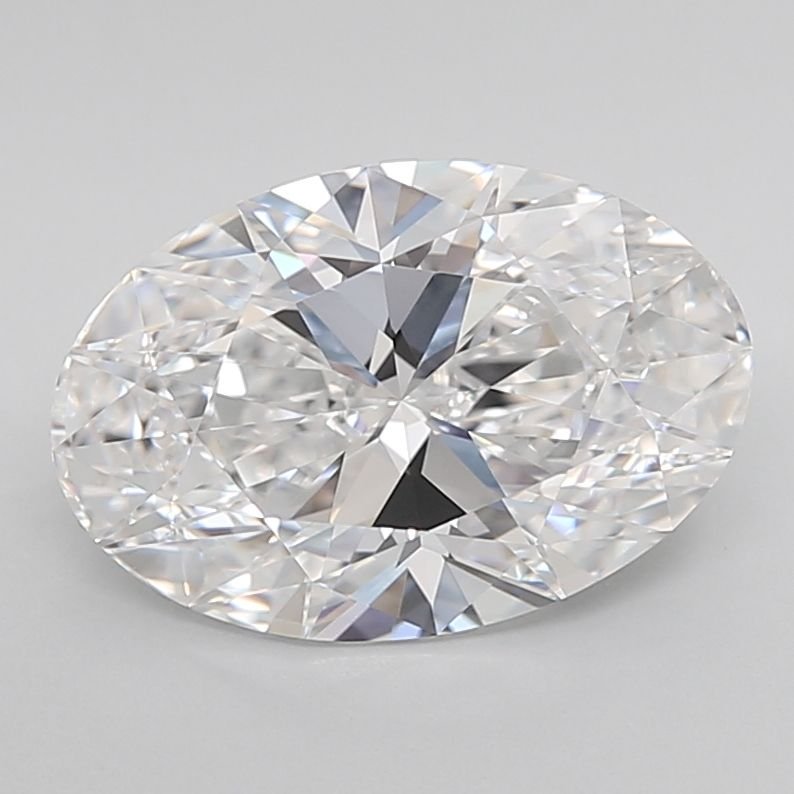Are Diamonds a Good Investment? Separating Fact from Fiction
When it comes to investing, diamonds are often considered a safe bet. But is this perception accurate? In this guide, we’ll explore the reality of diamond investments, including the potential pros, cons, and key considerations for anyone contemplating whether diamonds could be a valuable addition to their portfolio.
Are Diamonds a Good Investment?
Diamonds can offer potential benefits, such as long-term value preservation and portfolio diversification. However, they are not a traditional investment asset like stocks or bonds, and there are specific challenges to consider:
Lack of Liquidity:
Unlike stocks, diamonds can be difficult to sell quickly without a significant price reduction, as they are not as liquid.
Opaque Market:
Diamond pricing and valuation lack transparency, making it challenging for buyers to verify the fair value of a diamond without expert guidance.
Potential for Fraud:
Fraudulent practices, such as selling treated or synthetic diamonds as natural, are a known issue within the diamond industry, underscoring the need for trusted certification.
Are Diamonds Overvalued? Understanding Market Perceptions
Some critics argue that diamonds have an inflated value, largely due to monopolistic practices and carefully crafted marketing campaigns. While diamonds are valuable, they’re not necessarily as rare as the industry portrays, and much of their perceived worth is a result of controlled supply and demand, along with the emotional significance attached to them.
Investing in Diamonds in 2023: What to Consider
The impact of economic factors, such as the COVID-19 pandemic, has been felt across most markets, diamonds included. While diamond values have historically held steady, their appeal as an investment depends on individual goals. Diamonds can offer a hedge against inflation and serve as a long-term store of value, but the current market is more complex than ever, with varied risks and rewards.
Speciality Diamonds: Are Pink Diamonds Worth the Investment?
Pink diamonds, known for their rarity and beauty, have appreciated in value in recent years, particularly high-quality Argyle pink diamonds. However, like any asset, the investment potential of pink diamonds depends on factors such as quality, certification, and market demand.
Are Argyle White Diamonds a Good Investment?
Argyle white diamonds, known for their rarity, can attract collectors and investors due to their limited availability. Yet, their investment potential relies heavily on the diamond's quality, certification, and overall market interest in rare stones.
Should You Invest in Diamond Rings?
While diamond rings hold sentimental and emotional value, they are less liquid than loose diamonds, making it more challenging to resell them for their purchase price. Although they can retain or even appreciate in value, it's wise to consider both financial and emotional value when purchasing diamond jewellery.
Loose Diamonds vs Diamond Jewellery as Investments
Loose diamonds offer greater flexibility than set jewellery, as they can be tailored into custom pieces or resold more easily. However, determining their true value requires careful assessment, as loose diamonds are subject to market demand and valuation challenges.
Are Lab-Grown Diamonds a Good Investment?
Lab-grown diamonds provide an affordable and ethical option, with minimal environmental impact compared to mined diamonds. However, they lack long-term value appreciation and liquidity, which can make them less appealing as investments compared to mined diamonds.
Do Diamonds Gain or Lose Value Over Time?
The value of diamonds can fluctuate depending on demand, rarity, and quality. While high-quality diamonds often hold their value over time, some stones, particularly those with unique features or certifications, may appreciate more than others.
What Diamond Shapes Are More Valuable?
Certain shapes, like round brilliant and princess cuts, tend to be more popular and command higher prices due to demand. However, the value of any diamond ultimately depends on the “5 C’s” – Cut, Clarity, Carat weight, Colour, and Certification.
The 5 C’s of Buying a Diamond
Understanding the 5 C’s is essential for any diamond purchase. Each of these factors directly affects the diamond’s quality and price:
Cut: Impacts a diamond’s sparkle and brilliance.
Clarity: Refers to the presence of internal or surface inclusions.
Carat Weight: Measures the size of the diamond.
Colour: Evaluates how colourless a diamond is, with colourless stones being more valuable.
Certification: Ensures a diamond’s quality and authenticity.
Conclusion: Are Diamonds Right for Your Investment Portfolio?
Diamonds can hold long-term value, offer a unique form of portfolio diversification, and carry emotional significance. However, they are not without risks, including market volatility and the challenges of resale. For those who value diamonds for their beauty and sentiment, they may be worthwhile assets. Yet, if you’re seeking purely financial gains, you may find better opportunities in more liquid and transparent assets.
Ultimately, whether you choose diamonds, lab-grown stones, or other gems, the key is to make informed decisions that align with your values and investment goals.



